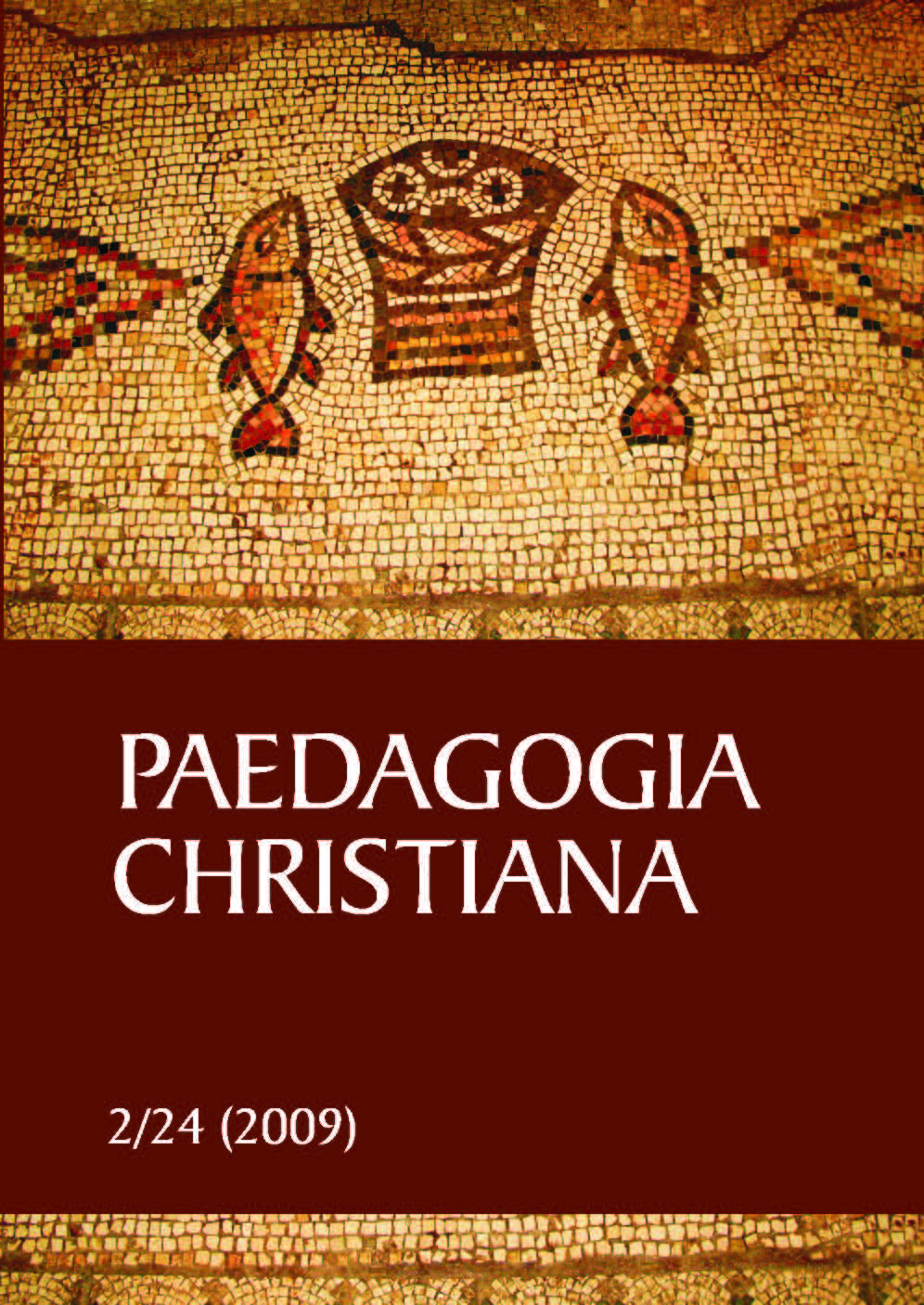Kontekst migracyjny jako czynnik różnicujący osiągnięcia szkolne uczniów w Niemczech
DOI:
https://doi.org/10.12775/PCh.2009.038Abstrakt
Migration is not only the social but also the educational problem. This article is concerned on the migration in Germany and on its influence on the school achievements.At first we have to explain the scale of migration among students population. According to the data of the Federal Statistical Department in Germany (Statistisches Bundesamt) the level of the migrants equals 7.3 million people, it gives 8.8% of German population. The problem is that this number does not concern the people who live in Germany in next generation and still belong to primary origin culture. This group of people is German citizens but their identity is still constructed by the migration patterns and habits. The meaning of migration context (Migrationshintergrund) was created to describe it. “Mikrozensus” paper (2005) estimated the population of migrants used the meaning of migration context. According to this estimation the level of people with migration context equals 15.3 million, it gives 18.6% of the whole population living in Germany. The number of this indicator rises in the population of people under 25 to 27% and in some cities as Hamburg or Bremen to 40%. According to three editions of PISA studies the migration context is the main determining factor of school achievements in every researched competences –in reading, mathematical and scientific literacy. It leads to the marginalisation of migrants students in the future. In the second part of article the relationship between the migration and school achievements is interpreted. Analyses show the most important phenomena which must be concluded in educational school system.
Pobrania
Opublikowane
Jak cytować
Numer
Dział
Statystyki
Liczba wyświetleń i pobrań: 724
Liczba cytowań: 0



